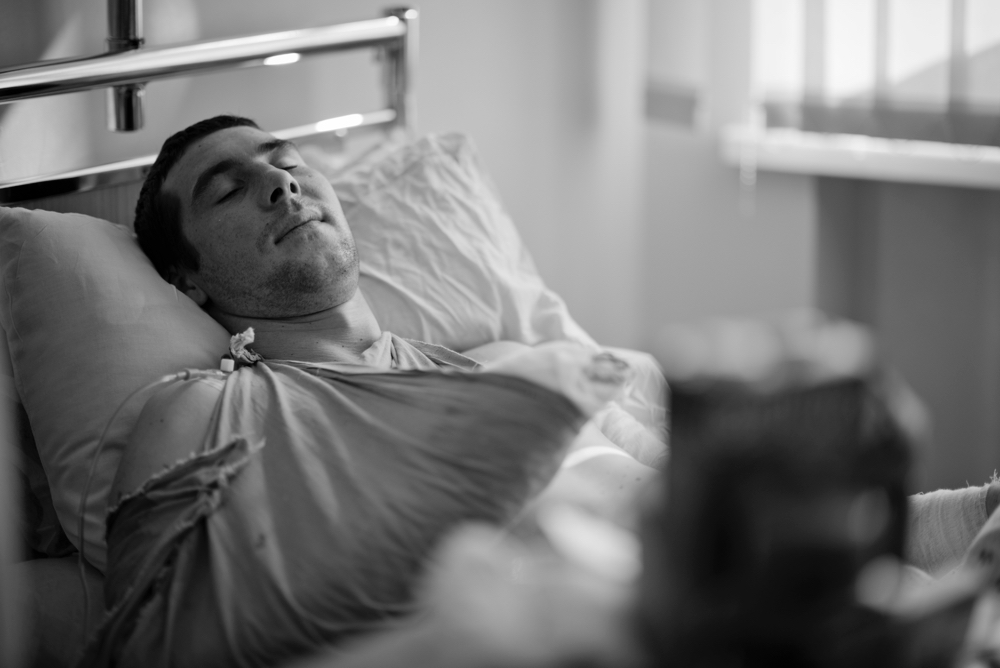WASHINGTON (Transatlantic Today) – Thousands of patients across Ukraine are obtaining life-saving medications for HIV and opioid addiction owing to a US-funded group that continues to operate amid the Russian invasion. Supplies are getting low, and arranging deliveries is a difficult math problem with unknown dangers.
Officials believe the Alliance for Public Health’s discreet work demonstrates how American aid is reaching civilians in the besieged country, on a different spectrum than the US military and diplomatic backing for Ukraine’s government.
The humanitarian organization located in Ukraine has been in operation for over 20 years. It has raised millions of dollars in funding from the Centers for Disease Control and Prevention, the US Agency for International Development, and other federal agencies to fight HIV across the world.
Shutting down was never an option during the attack, according to executive director Andriy Klepikov. Ukraine has one of Western Europe’s worst HIV epidemics, with patients needing their drugs on a regular basis.
He said his crew devised a “risk management plan” to keep working even if conflict erupted. However, it did not anticipate the extent of Russian forces’ assault, which has pushed the organization to adapt.
The group is still able to supply medicines via parcel and postal services in parts of Ukraine that have survived the brunt of the violence. Caseworkers are developing links with humanitarian agencies that can refill prescriptions for refugees who already have fled the region. Medical vans are carrying supplies in motorized convoys to areas facing attack but still within Ukrainian authority. With the aid of intermediaries, the organization has even managed to get some supplies inside Russian-controlled territory. According to ABC NEWS, it also supplies tuberculosis medications.
The group’s network of medical vans has been put to work transporting injured people to hospitals that can handle difficult cases and delivering basic supplies.
The stance of the Ukrainians has impressed US officials, who compare it to the endurance of Britons in World War II’s London Blitz.
Every day becomes a challenge for the Alliance. The organization has lost communication with patients in Mariupol, which also has a big HIV population. The Russians have bombarded that coastal city mercilessly, and reports suggest that most of it has been turned into ruins. According to Klepikov, an Alliance medical van was damaged during a bombing.
Clients’ and caseworkers’ and doctors’ basic communication processes have been seriously disrupted. It’s possible that a clinic or office is closed. Patients may have evacuated to a more secure location. Online forums and messaging apps have covered some of the voids, just like telehealth did during the initial wave of the coronavirus pandemic in the United States.
Patients seeking counseling for the trauma of battle can go to a website maintained by the Alliance. Fear of death, severe stress, extreme anxiety combined with melancholy, guilt over not doing more, and remorse after fleeing to a safer region are among the top worries of patients, according to one of the group’s periodic situation reports.
Through an initiative dubbed the President’s Emergency Plan for AIDS Relief, the United States has had a long-standing association with the Ukrainian group.
Because the virus which causes AIDS can also be spread through contaminated needles used to inject narcotics, HIV and opioid abuse are linked to medical issues. According to the Alliance, 100,000 HIV-positive Ukrainians live in cities and areas affected by the Russian assault. More than 17,000 people with opioid addiction were undergoing treatment when the war began.
Xavier Becerra, President Joe Biden’s health secretary, said the Department of Health & Human Services is working with the Department Of State to supply medical resources to Ukraine and is ready to assist Ukrainian refugees with relocation.


























